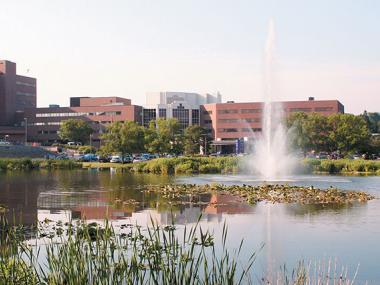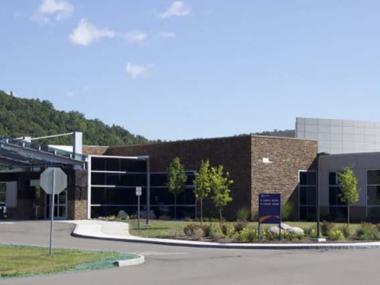Your chances for developing cancer can increase due to a gene mutation passed down through your family. At Guthrie, we offer genetic testing for patients with a strong family history of cancer and for those diagnosed with cancer. Our team can help you decide if genetic testing is appropriate for you.
What is genetic testing for cancer?
Genes affect how certain traits are passed down or inherited from parents to children. Inherited traits can include things such as eye or hair color. Gene mutations can also be inherited. An inherited gene mutation can increase the likelihood of developing diseases such as cancer.
Most cancers are caused by an acquired gene mutation rather than an inherited mutation. An acquired mutation is caused by either an outside cause, such as tobacco use or exposure to sunlight, or an internal change to a cell.
Genetic testing for cancer looks for gene mutations that can predict the chance of having cancer.
Predictive genetic testing looks at the mutation of certain genes and may be done:
- If you have a strong family history of cancer such as a mother or sister who had breast cancer or a parent or sibling with colon cancer. Genetic testing can help understand when to start cancer screenings and what screenings are appropriate for you.
- If you are diagnosed with cancer, especially if there is an indication that it might be caused by an inherited mutation. Testing can help understand if you are at higher risk for developing other cancers. It can also help family members decide if they should be tested.
Who should have genetic testing?
Genetic counseling can be considered if you have a certain type of cancer or if many family members have had a certain type of cancer. Talk to your primary care provider about your family’s health history. Together you can decide if genetic testing is right for you.



